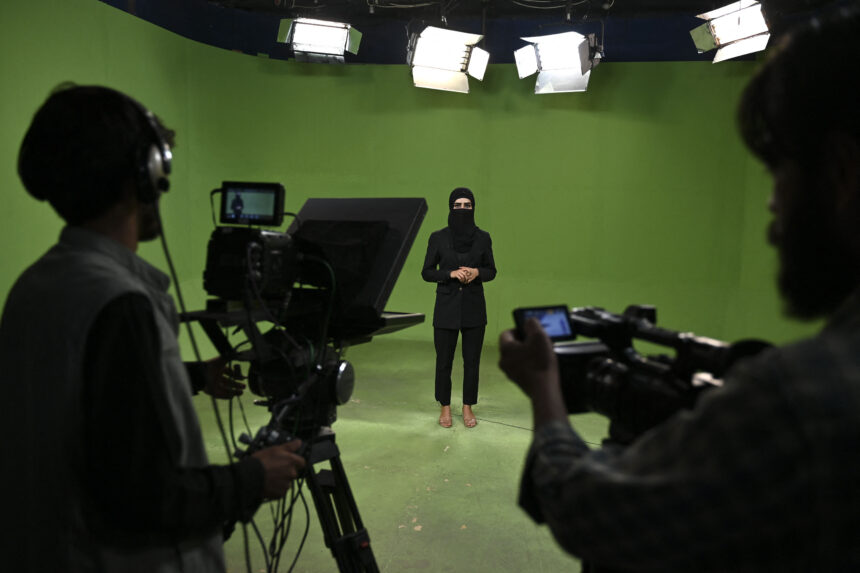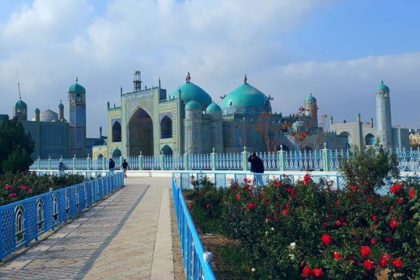RASC News Agency: Local sources from Daikundi have confirmed to the media that the Taliban’s Department for the Propagation of Virtue and the Prevention of Vice has issued an order to female journalists, barring them from working or engaging in media activities in private outlets. According to the sources, officials from the Taliban’s virtue enforcement unit recently entered the offices of local media outlets, instructing female journalists that, under the new directive, women are prohibited from working in the media sector, based on the Taliban’s interpretation of Islamic law.
Sources further report that these officials issued warnings to media managers, instructing them not to employ women in their organizations, under the threat of being shut down should they fail to comply. Additionally, the Taliban enforcers told male journalists that keeping a beard is compulsory and that they are forbidden from trimming it. Before the implementation of the new virtue and vice laws, the Taliban governor in Daikundi had already ordered all government officials to refrain from giving video interviews to private media outlets. He had also prohibited the sharing of images from official government meetings and events on social media or with the press.
The Taliban released the new “Propagation of Virtue and Prevention of Vice” law approximately two weeks ago. According to this legislation, a woman’s voice is considered part of her ‘awrah’ (a term in Islamic jurisprudence referring to parts of the body that should be covered), and therefore, women are not permitted to raise their voices in public spaces. Article 13 of the law explicitly states that “the voice of women (singing, chanting, or reciting in public gatherings) is considered part of the ‘awrah,’ and the broadcast of live images of living beings on media is strictly prohibited.”
This new law has sparked widespread national and international condemnation. The United Nations has stated that with the increasingly restrictive measures the Taliban are imposing on the Afghanistani people, the global community will find it even more difficult to engage with the regime than before.






